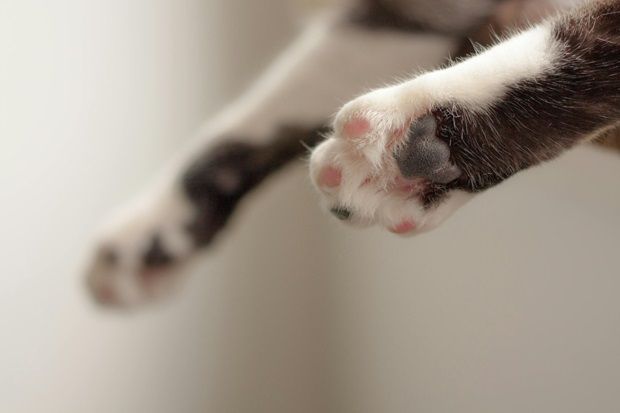AS ACCEPTANCE levels of pets in public spaces increase in urban areas, the sight of a dog or cat accompanying its pawrent into a cafe or eatery has become common in some parts of the world.
This has led to a growing public discussion here in Malaysia about whether or not pets are welcome at eateries.
Despite their popularity, is it illegal to bring pets into Malaysian restaurants?
Verdict:
TRUE
It is, in fact, illegal to bring any domestic animal into a food establishment in Malaysia.
This blanket prohibition is not based on religious sensitivities or the type of animal, but is instead a matter of public health and food safety.
The Health Ministry has confirmed that this rule applies to all domestic pets, from cats and dogs to goats, ducks and rabbits.
The legal foundation for this law is the Food Hygiene Regulations 2009.
Under these regulations, the presence of animals in food premises is considered a significant health risk.
The ministry explains that pets can be carriers of bacteria that may cause food poisoning.
Their fur, dander, saliva and other bodily contaminants can easily transfer to food, drinks and food preparation surfaces, leading to cross-contamination.
This makes it challenging for business owners to maintain a consistently clean and hygienic environment.
Furthermore, the presence of animals can pose a risk to customers with allergies, as animal hair and dander can trigger severe allergic reactions.
To enforce these regulations, food premises owners are required by law to display clear notices at their entrances prohibiting animals.
This serves as a reminder to customers of the establishment’s obligation to maintain a hygienic environment.
The rules are strict and come with serious penalties for non-compliance.
Under Regulation 18(1)(c), business owners who fail to comply can face a fine of up to RM10,000 or a maximum prison sentence of two years.
The ministry’s position is that any animal that could potentially contaminate food is considered a pest under the law, and premises must be kept free of pests at all times.
This law is a comprehensive measure designed to protect all members of the public.
According to the Federation of Malaysian Consumer Associations (Fomca), pet owners may not be fully aware of the hygiene risks their animals pose, such as carrying fleas, viruses, or other transmissible diseases.
Fomca treasurer-general Nur Asyikin Aminuddin has urged both business owners and customers to play a role in upholding food safety standards, reminding the public that a business licence clearly prohibits the keeping of animals inside shops and restaurants.
The law is in place to protect against potential health risks and ensure a clean environment for all patrons, she added.
References:
1. https://www.mycheck.my/more.php?id=2468942







